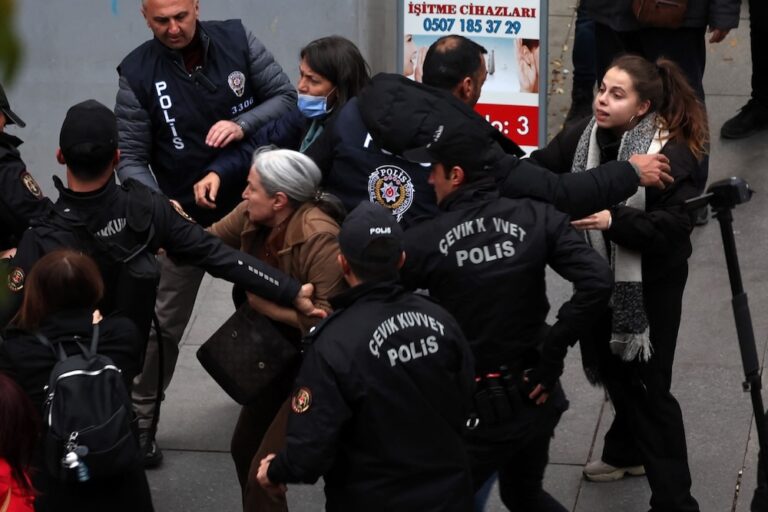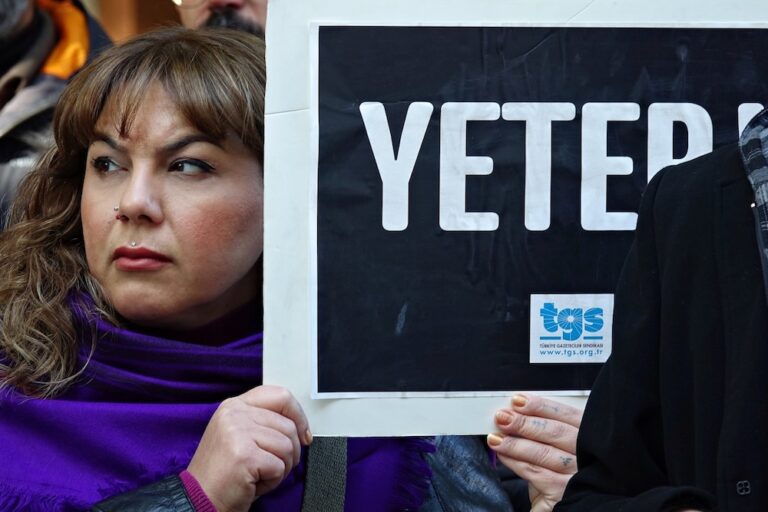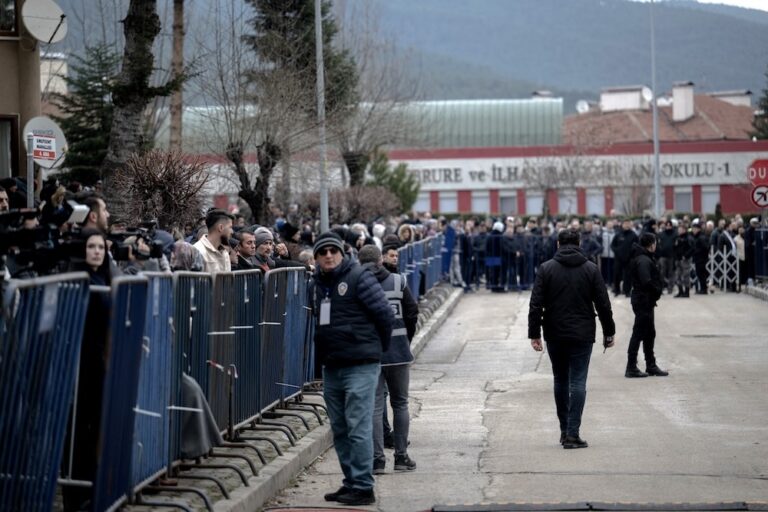Sociologist Ismail Besikçi is accused of "spreading propaganda for the PKK", the outlawed Kurdistan Workers Party.
(BIANET/IFEX) – 2 July 2010 – The Istanbul Public Chief Prosecutor has opened a case against sociologist Ismail Besikçi on charges of “spreading propaganda for the PKK”, the outlawed Kurdistan Workers Party. The charges are based on an article Besikçi wrote for the “Contemporary Law and Society” magazine, the publication of the Istanbul Branch of the Contemporary Lawyers Association (ÇHD).
Besikçi and the magazine’s editorial manager, Zeycan Balci Simsek, are each facing prison sentences of up to 7.5 years because of the article entitled, “The right of nations to self determination and the Kurds”. The trial is scheduled to begin on 28 July at the Istanbul 11th High Criminal Court.
Istanbul Public Prosecutor Hakan Karaali pressed charges against Besikçi on the grounds of the following statement: “The Kurds pay the price for a 200-year struggle for freedom and for a free fatherland. [. . . ] Syria, Iran and Turkey govern the Kurds with oppression and cruelty. [. . . ] The states that jointly kept the Kurds under oppression could always unite politics, ideology, military force and diplomatic power against the Kurds. This joint governance did not render law and justice. To the contrary, it very clearly crushed and offended a sense of law and justice. The resistance against this oppression and cruelty appears to be a legitimate right.” The indictment was prepared on 11 May.
BACKGROUND:
Besikçi was previously prosecuted for an article entitled “We did not talk, we were oppressed”, published in the “Popular Culture Dark” magazine in December 2005. He was tried together with magazine owner Ferzende Kaya and editorial manager Mehmet Ali Izmir.
In the 1990s, the sociologist was facing imprisonment of more than 100 years for articles about the Kurdish question published in “Özgür Gündem” newspaper and for books published by Yurt Publishing.
Most of his books were banned. Besikçi was in jail for many years before he was released under the Conditional Amnesty Act no. 4304. According to this law, prosecutions and punishments related to crimes committed before 12 July 1997 shall be suspended if no criminal offences are committed within five years.


